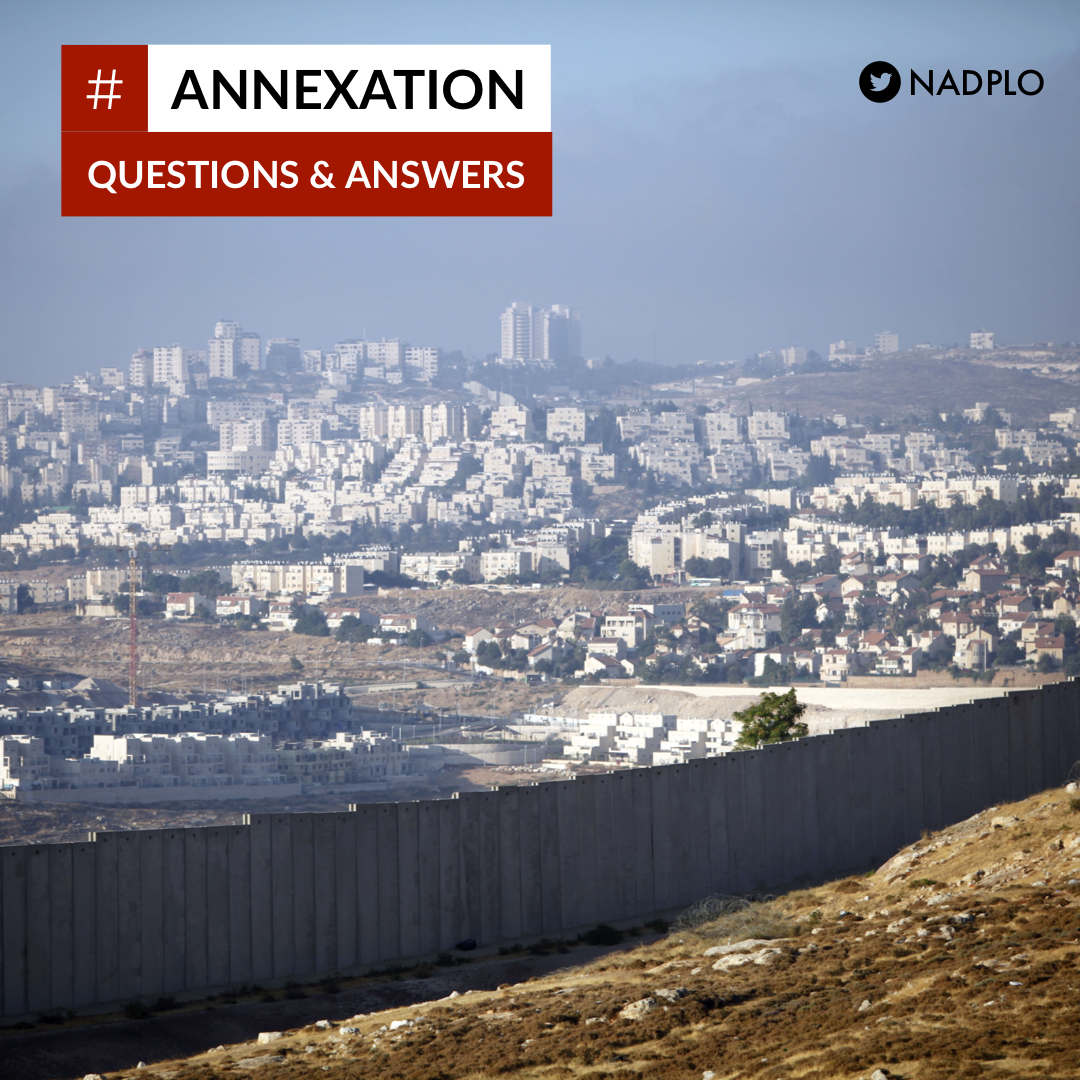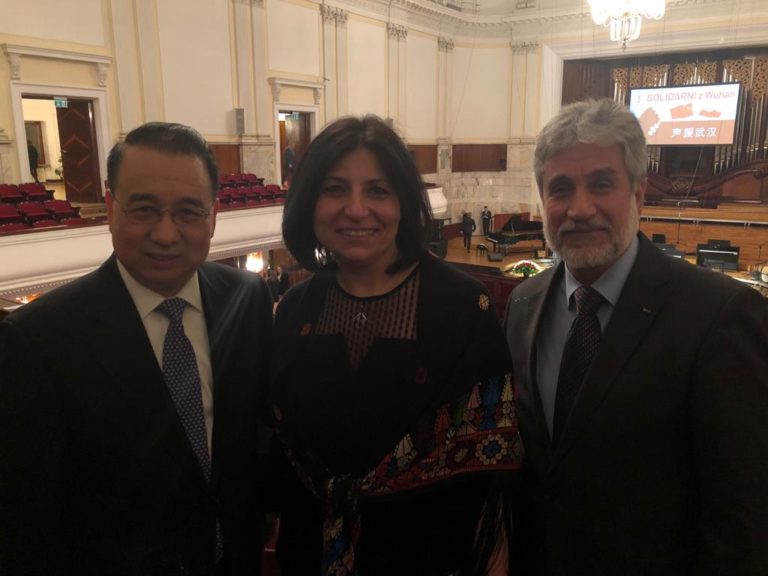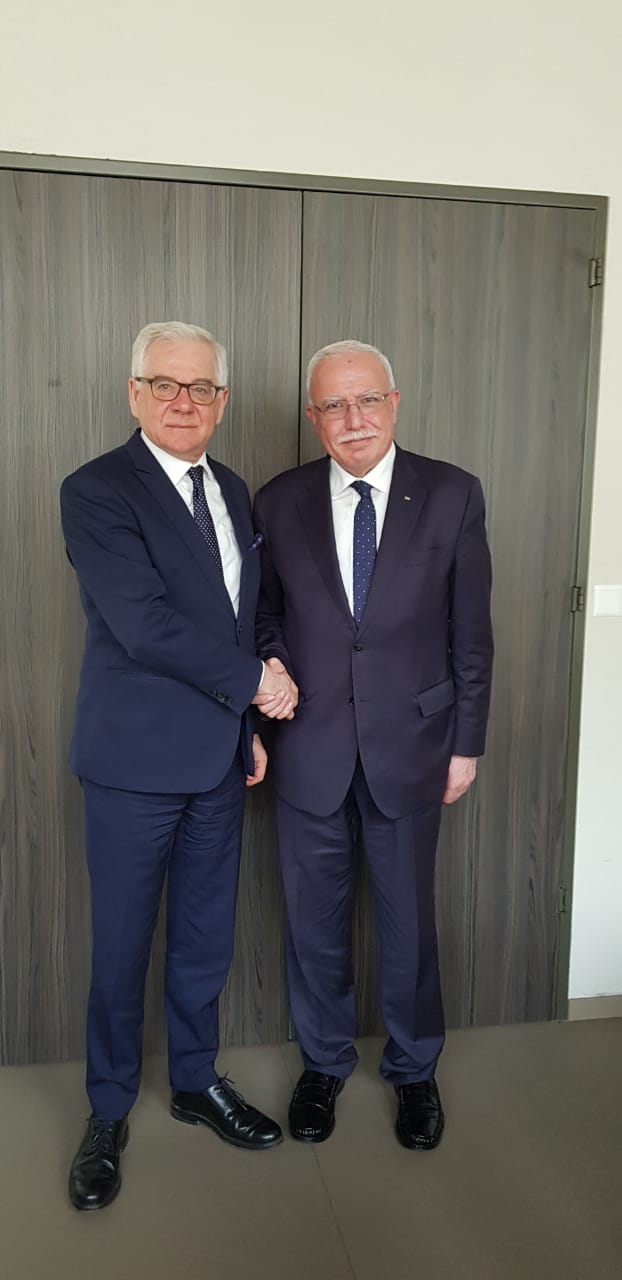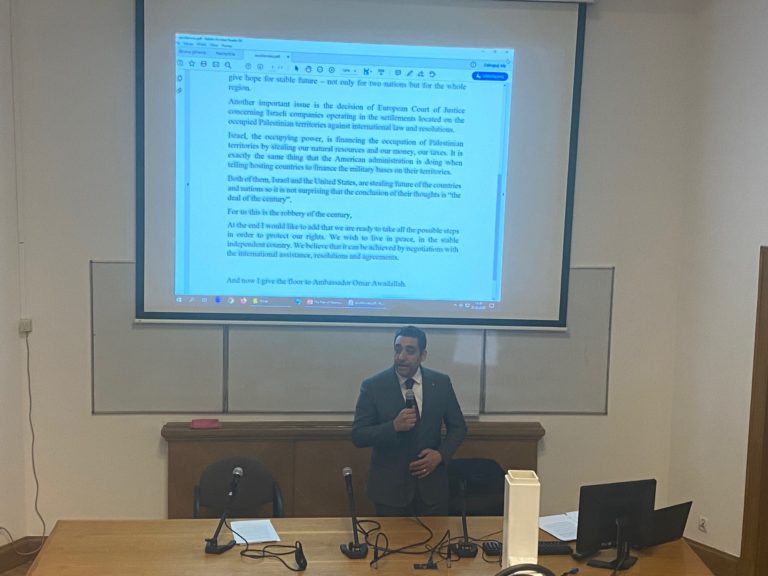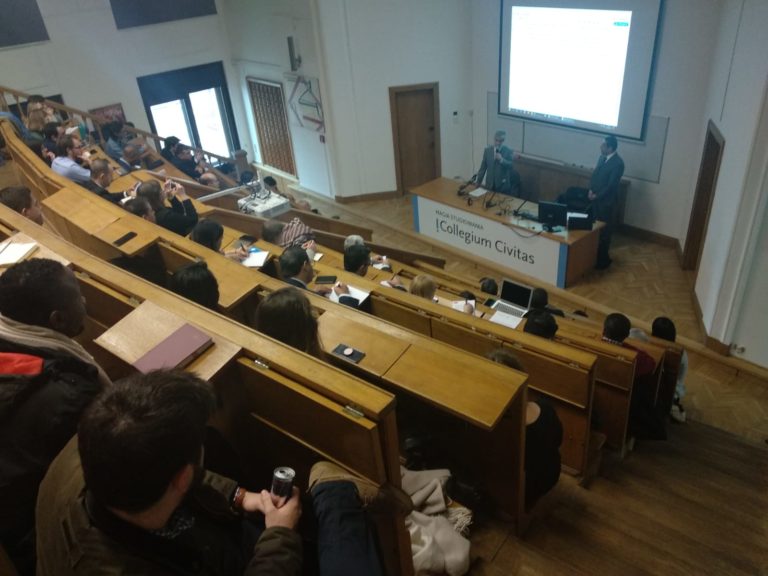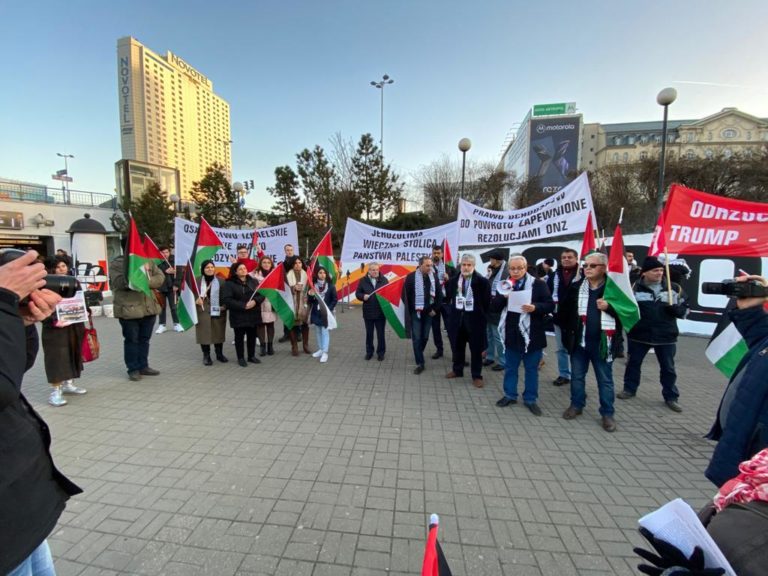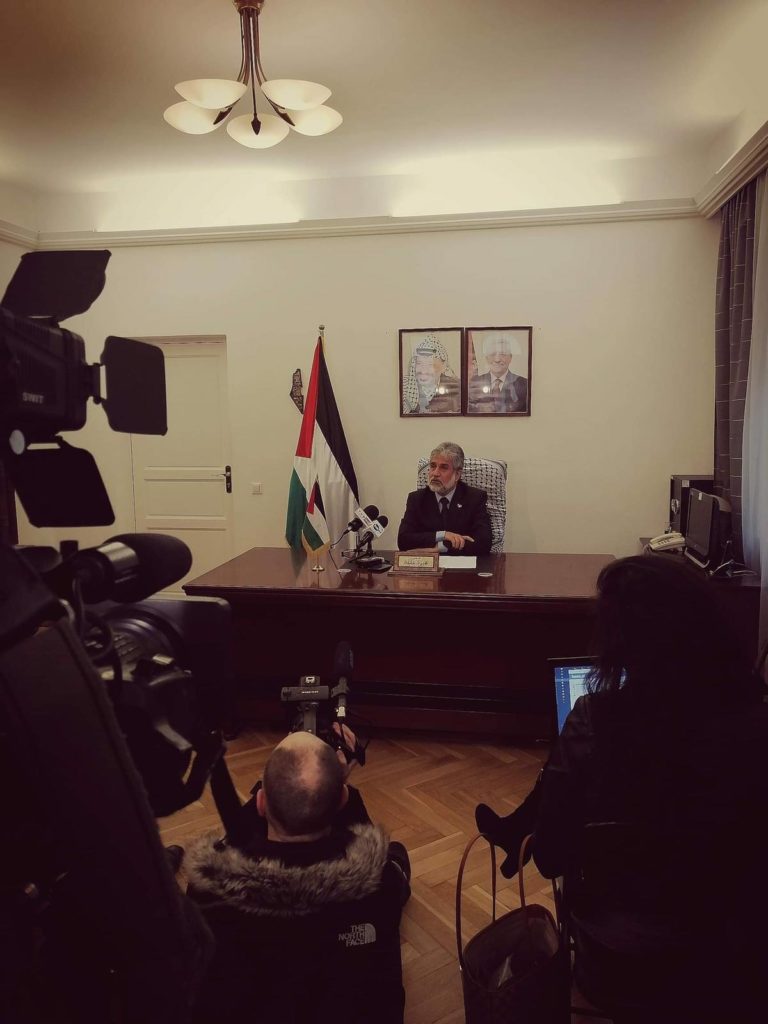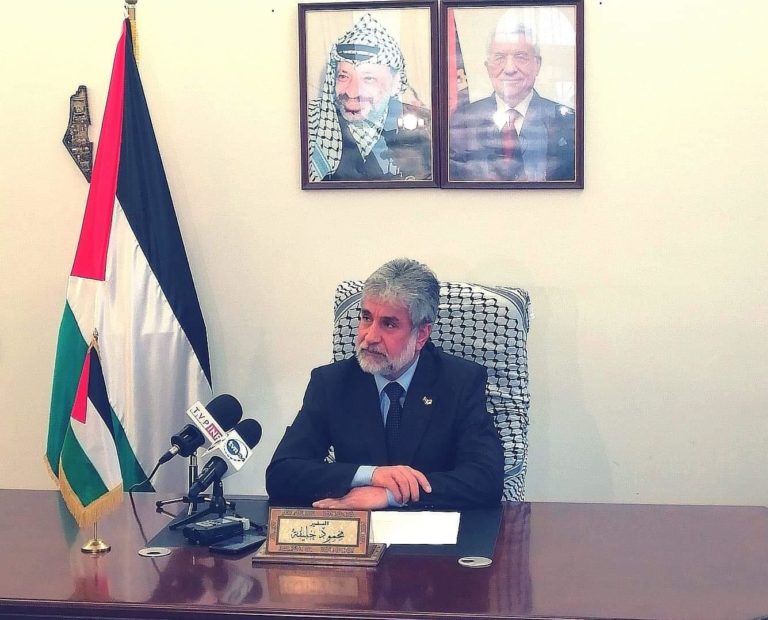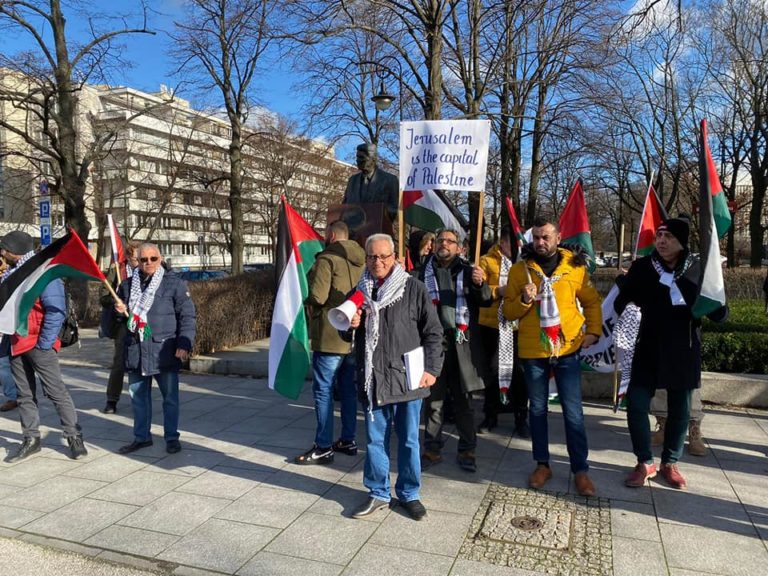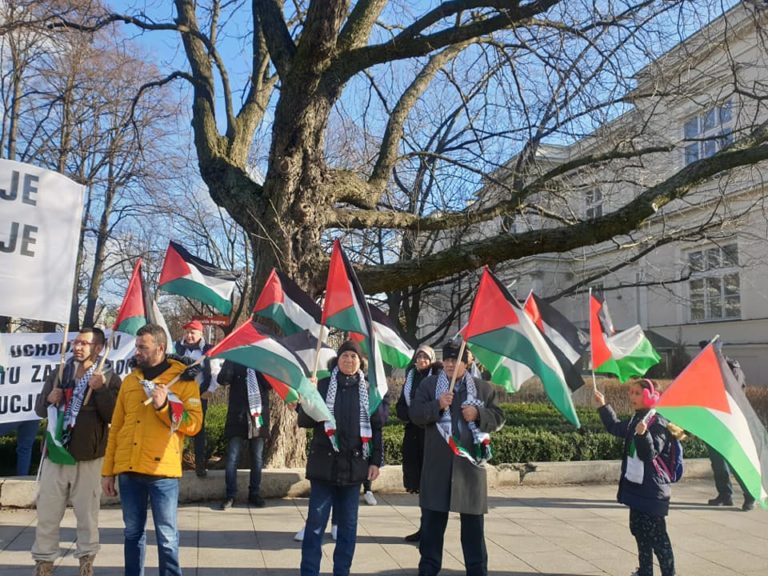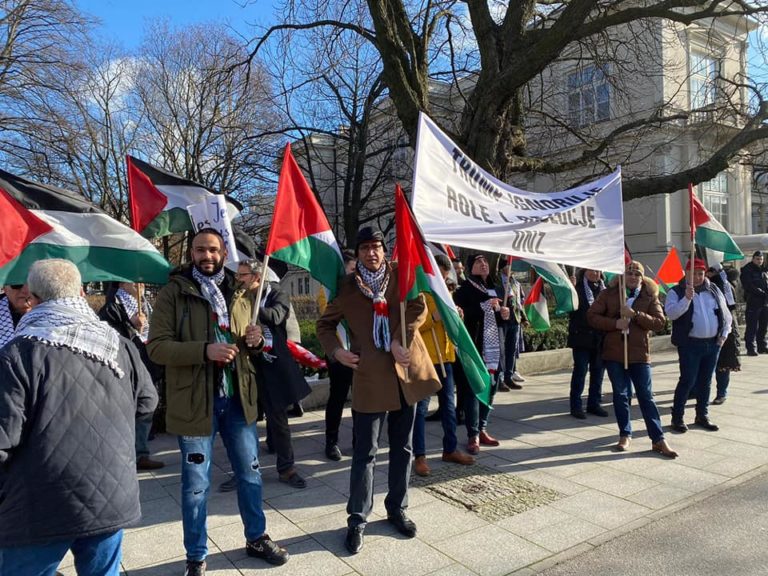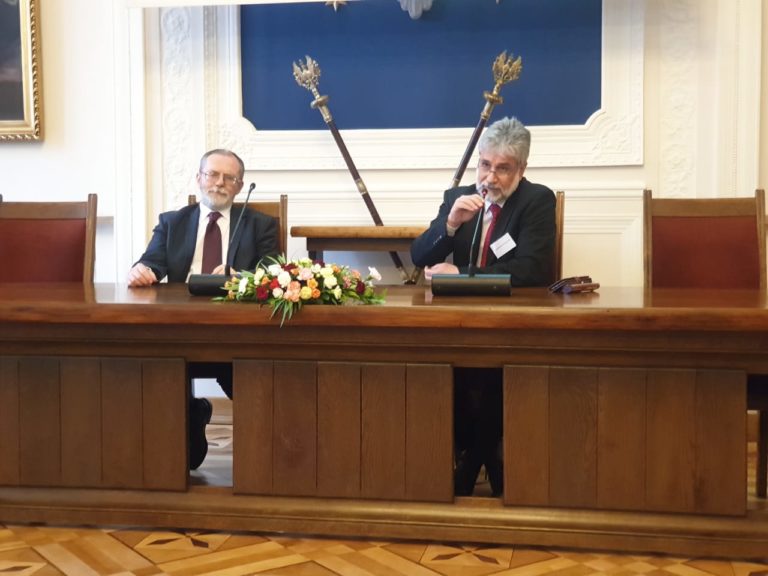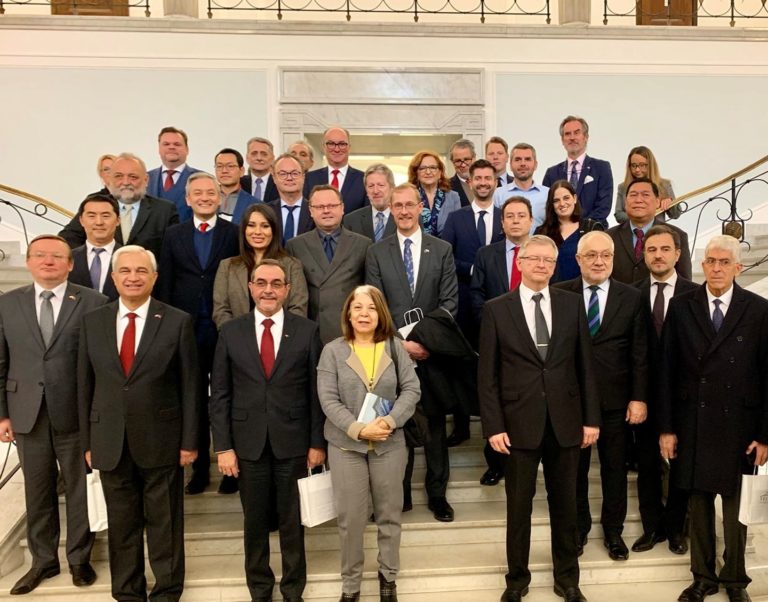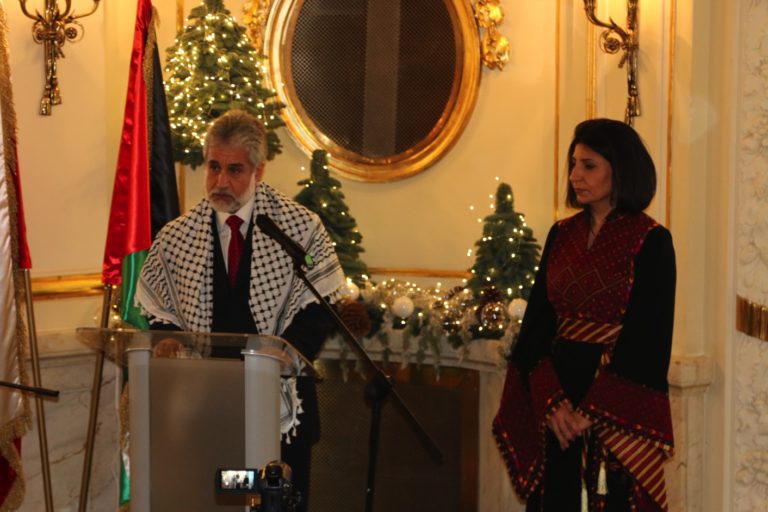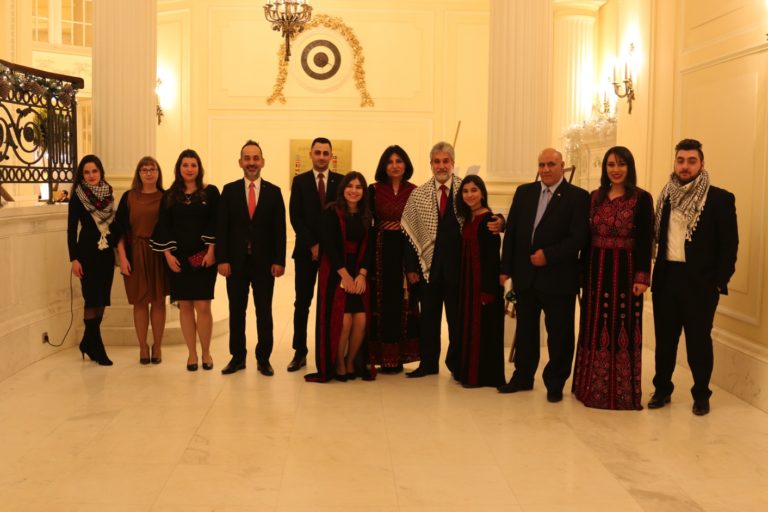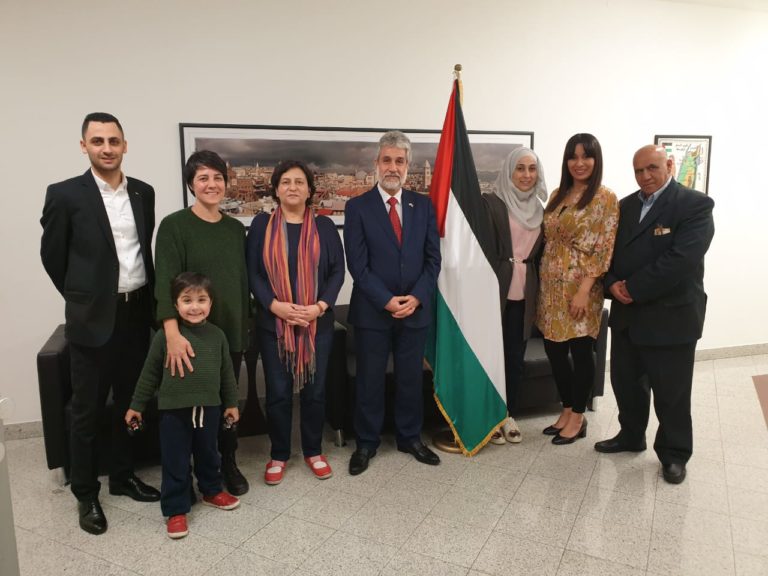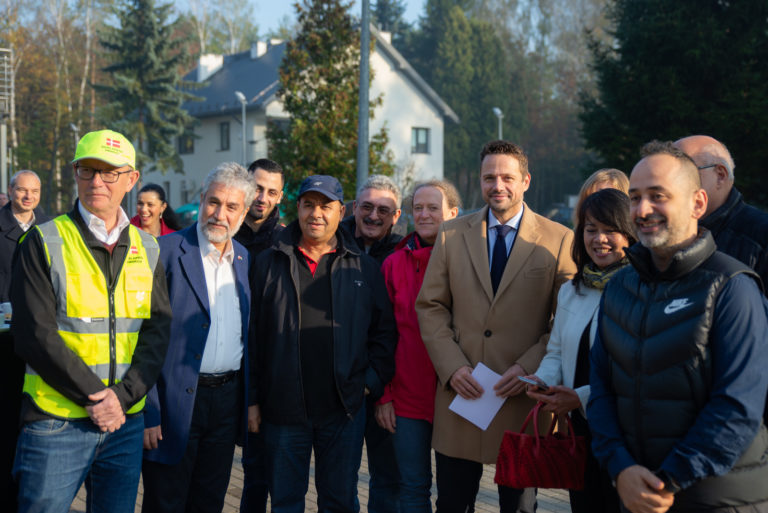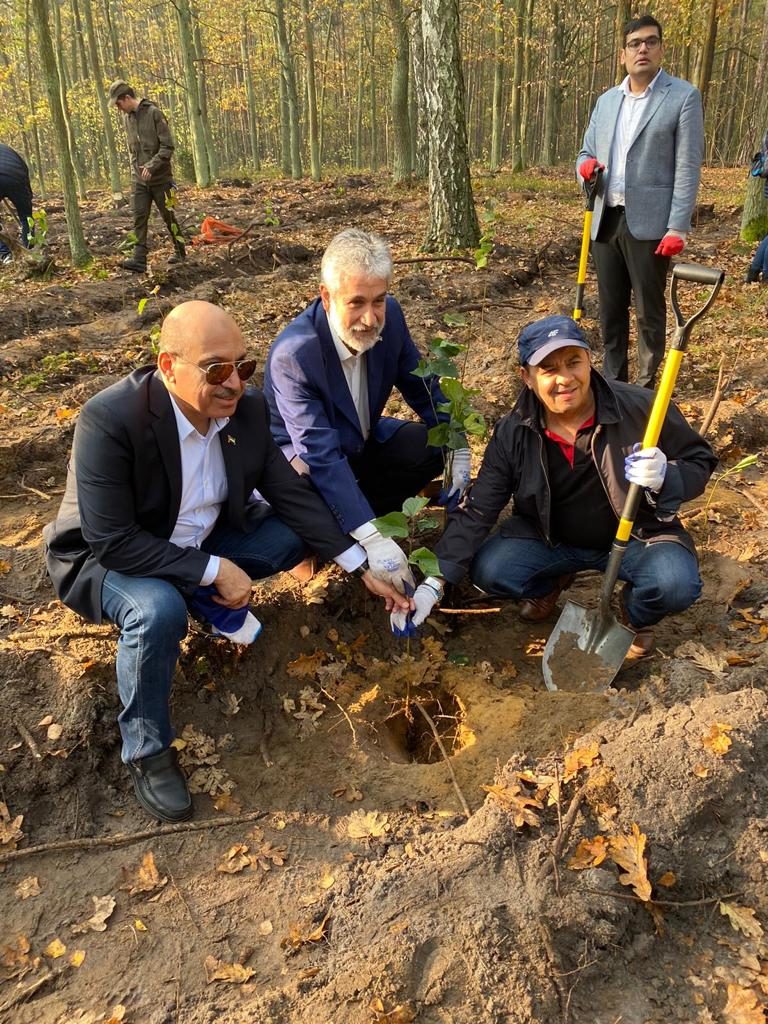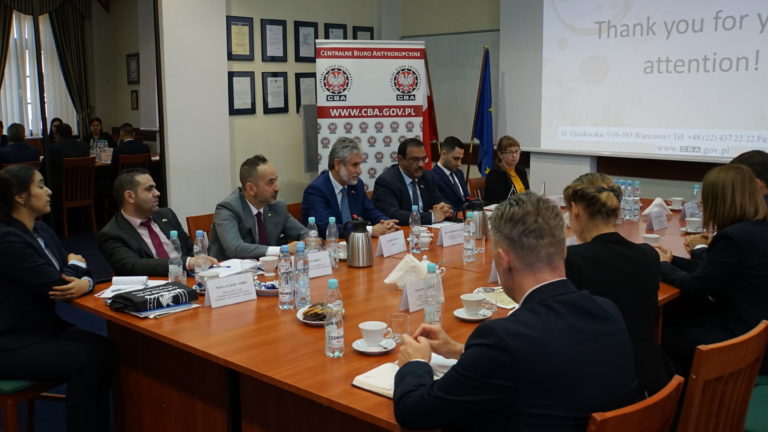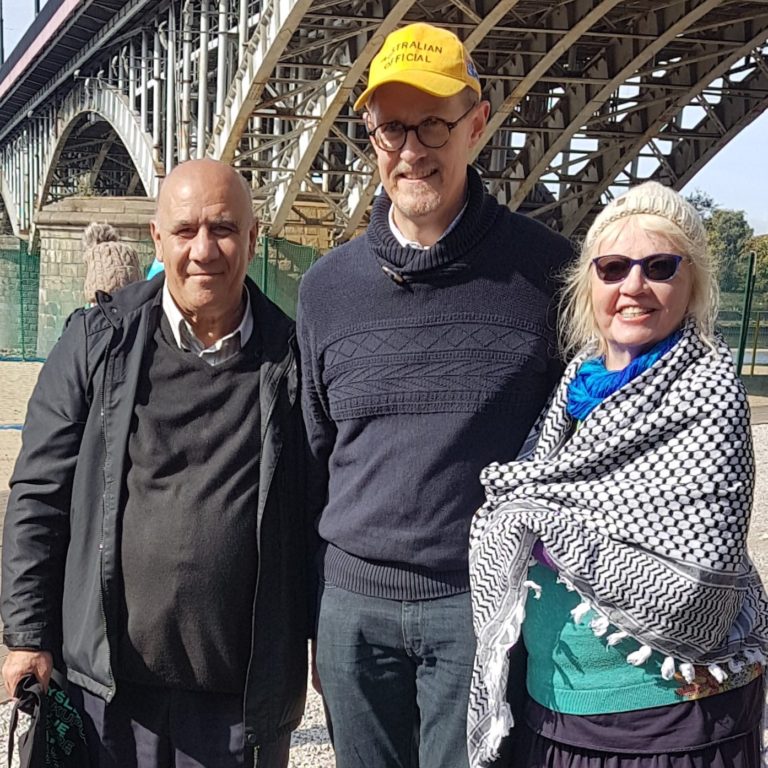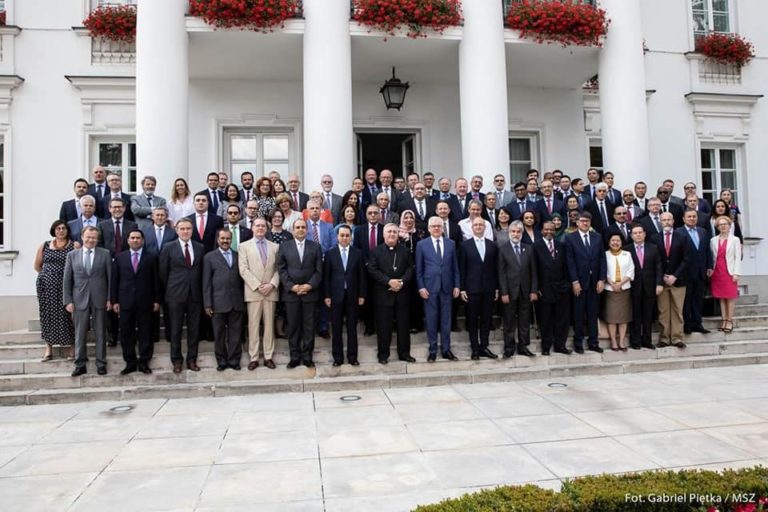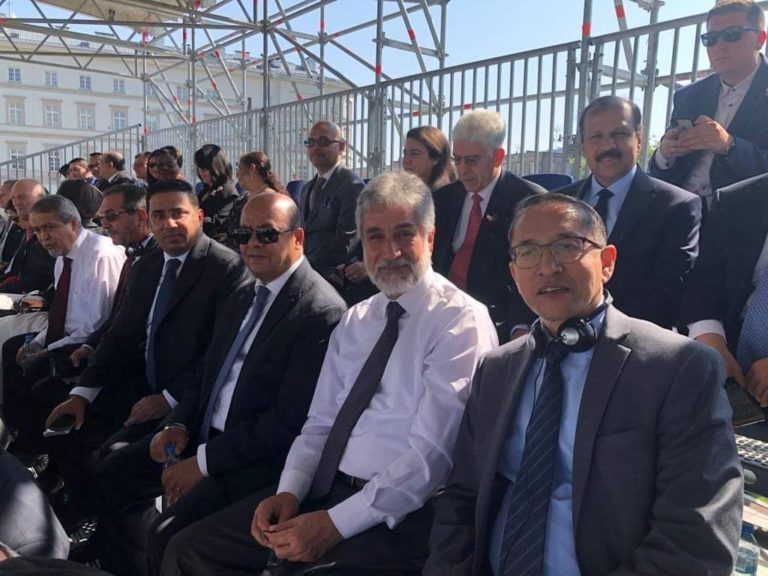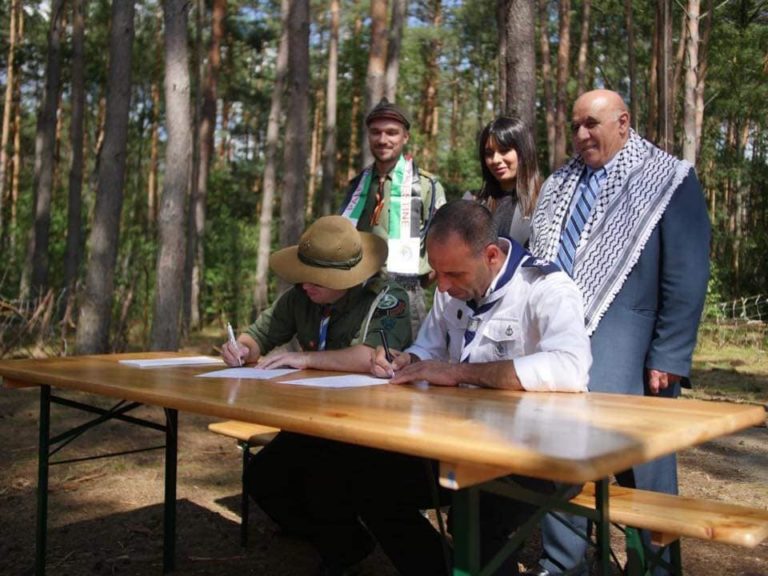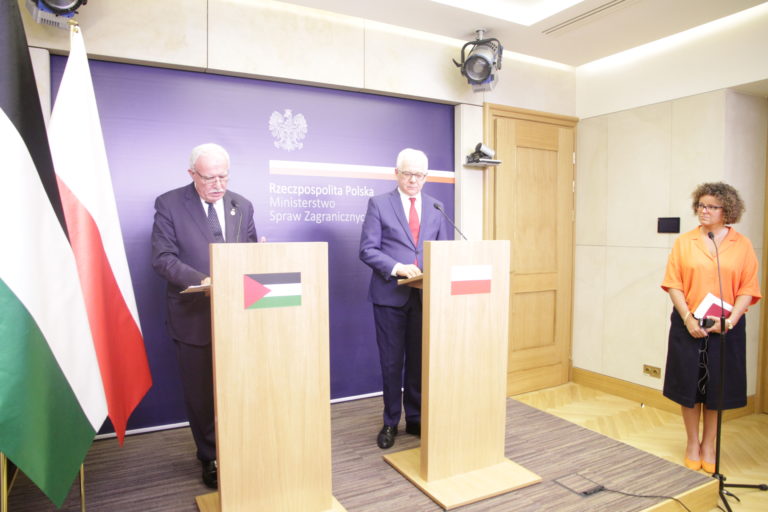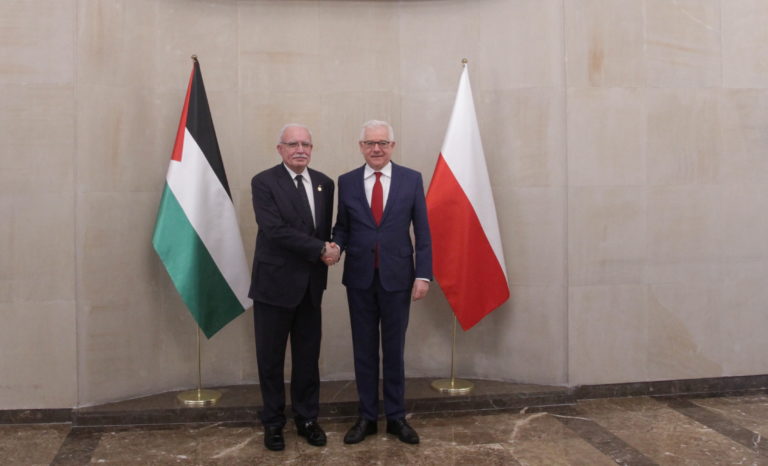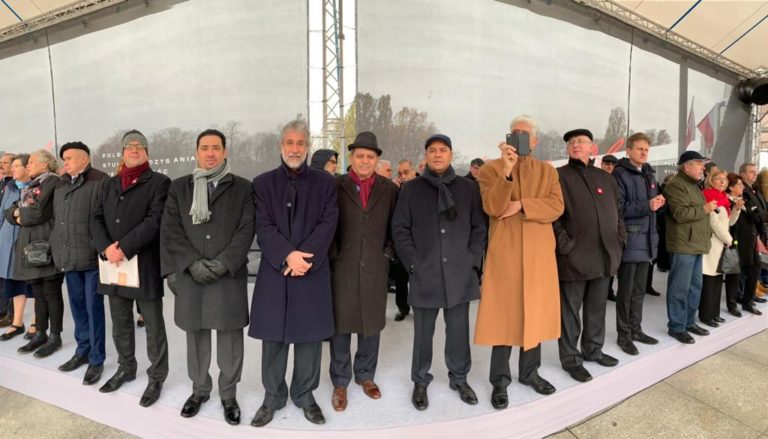The use of force by one State to incorporate the territory of another State into its own territory is defined as annexation. This situation presupposes that the state with the intent to annex the territory of another state is effectively occupying that territory. Hence, where according to international law, occupation is temporary, annexation breaches the law of occupation as it aims for the permanent sovereignty over the acquired territory. The acquisition of territory through the use of force, or annexation, is absolutely prohibited under international law, regardless of whether it was acquired through aggression or self-defense. International consensus on the prohibition of the acquisition of territory through the use of force can be traced back to the Charter of the United Nations of 1945 and is further classified as a peremptory norm under international law. This means that the international community of states has consensus that this is a fundamental principle of international law where no derogation is permitted. Today, this principle constitutes a pillar foundation for a rules-based international system.
2. What does Israel’s Annexation Imply in the Context of occupied Palestine?
Israel’s formal annexation of Jerusalem in1967, and its current plans to further annex lands belonging to the State of Palestine, constitutes a denial and a threat to the Palestinian national and human rights. Since day one of its occupation of the Palestinian territory, Israel envisioned several annexation maps (most notably the Alon plan in 1967 and the Drobles plan in 1978) redrawing the political boundaries of Israel proper. Today’s facts on the ground in occupied Palestine are the result of a systematic and thorough annexation process that Israel has sought to accomplish throughout its 53 years-long occupation. To advance and consolidate its colonial settlement enterprise, Israel continues to confiscate Palestinian lands, to destroy and seize Palestinian properties, to construct more of its illegal settlements, and to exploit Palestinian water and other natural resources.
The International Criminal Court is currently examining Israel’s unlawful conduct and grave violations of international norms and law for evidence of war crimes that Israel is committing in the territory of the State of Palestine which constitutes the West Bank, including East Jerusalem, and the Gaza Strip. Through its systematic violations of Palestinian human rights, fundamental freedoms, human dignity, and the rules of international law and international humanitarian law, Israel is already committing clearly defined war crimes, including, as defined under the Rome Statute, with: “The transfer, directly or indirectly…of parts of its own civilian population into the territory it occupies, or the deportation or transfer of the population of the occupied territory within or outside this territory.”
3. Has Annexation Already Happened?
The people of Palestine are already denied access and control over their land, borders, and natural resources, including water. Today’s reality of de facto annexation is mainly defined through Israel’s colonial settlements and Annexation Wall that carve up Palestinian cities, villages, and towns, and its military checkpoints that cut through and divide the Palestinian landscape and restrict the movement of people and goods. Israel’s current plans which aim to formally declare its permanent sovereignty over Palestinian land is defined as de jure annexation. It’s an assertion of the already existing one-state reality with two legal systems; where Israeli law applies to Israeli settlers and military orders to Palestinians. Israel’s assertion of full control over lands belonging to the State of Palestine, recognized by 139 countries worldwide, negates the inalienable right of the Palestinian people to self-determination. It establishes a reality of full-fledged and open-ended apartheid, where the Palestinian people will further endure violence, incitement, injustice, racism, and institutional discrimination.
4. How Has Israel Been Laying the Legal Foundation Necessary for De-Jure Annexation?
In addition to passing several racial and discriminatory laws, Israel’s 20th Knesset that dissolved in December 2018 had during its term proposed and discussed numerous bills concerning the annexation of different parts of occupied Palestine. Some bills proposed the annexation of all settlements in the West Bank, while others mentioned specific settlements surrounding Jerusalem, Bethlehem, Hebron, and the Jordan Valley. Among these bills, the Israeli legislators approved as laws five main bills to pave the way for Israel’s upcoming annexation move. These laws apply directly to the occupied West Bank and do not require military orders to implement them: (1) In 2016, the “Encouragement of Capital Investments in Settlements Law” to allow Israeli settlers to receive tax benefits to profits earned in the occupied Palestinian territory; (2) In 2017, the “Annulment of the Council for Higher Education in the Territories1 Law” that annuls and transfers the Council for Higher Education, headed by the military commander in the West Bank, to the Council for Higher Education operating in Israel. (3) In 2017, the “Settlement Regularization Law” that allows the permanent confiscation of private Palestinian land to “regularize” or “legalize” the Israeli settlements under Israel’s domestic law (which was declared illegal by Israel’s Supreme Court on 9 June 2020). (4) In 2018, “Transferring Authority to Adjudicate Petitions Concerning the Territories from the HCJ2 to Administrative Affairs Courts Law” that extends the ordinary jurisdiction of its domestic administrative courts into the occupied Palestinian territory, removing them from the particular jurisdiction of the Supreme Court. Such a law annuls Israel’s legal consideration of the difference between Israeli settlements and Israel proper. (5) In 2018, the “Basic Law: Israel – The Nation-State of the Jewish People” that constitutionally recognizes Israel’s claim to the whole of Mandatory Palestine, enshrines Jewish supremacy by considering this land as the national homeland of the Jews alone, and exclusively gives them the right to self-determination in Israel.
5. Does it Matter What Part(s) of Occupied Palestine is Threatened by Israel’s Annexation Plans?
It does not matter. Regardless of the scale, small or large land areas, and the designed process, gradual or sudden, to further annex Palestinian lands. Israel’s colonial settlement enterprise is a testament to Israel’s plan to extend its sovereignty over all of Mandatory Palestine. The mere principle of annexation is a threat to a rules-based international order. Israel’s consistent violations of international law unmistakably express Israel’s blatant denial of the right of the people of Palestine to exist on their land. Israel’s land theft of any further part of occupied Palestine is rejected irrespective of the possible annexation scenarios: the Jordan Valley (Palestine’s Eastern Gateway), all of the Israeli settlements in the West Bank, the settlements around Jerusalem (for the realization of its Greater Jerusalem colonial project), the settlements surrounding Bethlehem, or its settlements in Hebron.
6. How Does the US-Israel Plan, known as the Trump Plan, Correspond with Israel’s Plans to Annex Lands Belonging to the State of Palestine?
President Trump’s Annexation Plan explicitly suggests the annexation of the entirety of the occupied West Bank through its stipulation in section seven that “the State of Israel will maintain overriding security responsibility for the State of Palestine…” The Plan accepts the already existing illegal facts created by Israel in occupied Palestine, including Israel’s Annexation Wall as compatible with the new borders. It puts forward a conceptual map, which corresponds with Israel’s early annexation maps from 1967 that were designed to exclusively allow Israel control over all the lands west of the Jordan River to the Mediterranean. The Plan denies the State of Palestine the right to share an international eastern border with Jordan, and Israel will be allowed to control all the border crossings, including with the Arab Republic of Egypt. It envisions a Palestinian state that is divided into dis-continued and isolated enclaves, which would be connected through a transport network of bridges and tunnels subject to Israeli security needs and requirements. This colonial vision means that Israel’s occupation of Palestinian land, airspace, and sea will be permanent and that Israel will continue to determine the fate of the people of Palestine.
7. How Israel’s Annexation Plans Will Further Impact Palestinian Lands and Lives?
Israel’s annexation plans constitute a threat to the existence of the State of Palestine. The formal annexation of any additional part of occupied Palestine, regardless of its scale, will bring detrimental consequences. Israel’s idea of annexation is about controlling the land without being directly responsible for the population. The status of Palestinians in occupied East Jerusalem is an evident example of how their “permanent residency” has been allowing Israel to rule over them through a series of oppressive and discriminatory policies. In this context, Israel regards their presence as temporary and its control over their land and lives as permanent. Annexation nullifies the Palestinian people right to statehood, ensures the permanent separation between the occupied West Bank and the besieged Gaza Strip, further consolidates Israel’s colonial settlement enterprise, erases the green line which forms the basis of the internationally endorsed two-state solution, and dismisses every exerted international effort throughout a 27-year-long process towards achieving peace with the end of Israel’s occupation and the independence of Palestine.
In addition to the situation resulting from the de jure annexation of occupied East Jerusalem, Israel’s annexation plans will further divide other Palestinian cities and villages in the West Bank and deny them the right to grow and develop. It will as well pave the way for Israel to confiscate more Palestinian lands, to demolish more Palestinian homes, and to forcibly evict and transfer more Palestinian families to replace them with more of its civilian population. And towards the realization of this heinous objective, the State of Israel will further restrict the movement of Palestinians and intensify its wide-range of violent and oppressive attacks against them, including through raids, arrests, and its ongoing coordination and cooperation with its illegal settlers.
8. How Did the Palestinian Leadership Respond to Israel’s Announcements Regarding its Plans to Further Annex Palestinian Lands?
Pursuant to the signing of the Israeli government coalition agreement between Benjamin Netanyahu and Benny Gantz on 20 April 2020, which stated in article 29 that “the Prime Minister will be able to bring the agreement that will be reached with the United States on applying sovereignty starting on 1 July 2020 to the Cabinet hearing and the government for approval by the government and / or the Knesset”, President Mahmoud Abbas declared on 19 May 2020 the decision of the Palestine Liberation Organization and the State of Palestine that they “are absolved of all agreements with Israel.” Considering Israel’s longstanding impunity, which rendered the signed interim agreements obsolete and irrelevant, this decision is the result of ongoing discussions within the PLO since 2015. Accordingly, the Palestinian leadership informed both the Israeli and American sides that security cooperation would immediately stop.
As it has been the case for the past quarter of a century, Palestine can no longer be the only party abiding by those agreements. Palestine doesn’t accept the status quo under Israel’s colonial occupation and has no obligations towards the occupying power, Israel, in any way, shape, or form. Currently, the Palestinian leadership is preparing plans to address the practical steps concerning every aspect of Palestinian life, mainly services, education, health, and security, to continue maintaining public order and providing services to the Palestinian people. Palestine as well is moving from the interim authority era to strengthening the state’s institutions towards independence. Palestine will not submit to the dictations of the US and Israel, who are coercing Palestine to accept annexation and apartheid.
9. How did the International Community Respond? What Actions are Required?
While the majority of the world countries have expressed rejection and concern over Israel’s annexation plans, yet there hasn’t been a unified international position on what actions should be taken to hold Israel accountable for its decades-long record of international law violations. Israel’s impunity must end, and therefore the international community has the responsibility to bring about an end to Israel’s occupation and oppression of the people of Palestine towards freedom and independence. Henceforth, the Palestinian leadership continues to call upon countries that haven’t yet recognized the State of Palestine within the 1967 borders, with East Jerusalem as its capital, to do so, and to abide by their obligations under international law and UN resolutions.
Israel’s annexation schemes can only be deterred with concrete measures, including the imposition of sanctions. UNGA 3414 of 1975 “Requests all States to desist from supplying Israel with any military or economic aid as long as it continues to occupy Arab territories and deny the inalienable national rights of the Palestinian people.” Additionally, UNSC 2334 of 2016 requires UN member states to “distinguish, in their relevant dealings, between the territory of the State of Israel and the territories occupied since 1967.” This necessitates their review of existing trade and other agreements with the State of Israel that don’t clearly differentiate between Israel and Palestine proper. States have a legal obligation not to recognize or assist the illegal situation created by Israel in occupied Palestine. Thus, out of this legal obligation, states should refrain from providing funds in any form to Israel’s settlement enterprise including non-governmental organizations, as well as those involved in business relations with settlements, especially those listed in the UN database. They also have the responsibility to legislate laws banning their businesses from contributing to Israel’s colonial settlement enterprise, and by prohibiting the entry of those settlement products into their markets.
10. What is the Way Forward?
The only way forward is through a political solution based on international law and relevant UN resolutions, and not an extremist theological justification of oppression, injustice, and racial discrimination, as envisioned by the leaders of the US and Israel. A just, comprehensive, and lasting peace in Palestine, Israel, and the entire Middle East can only be achieved through the vision of a two-state solution, which hasn’t yet failed. What has failed is a US-led peace process, due to, at the minimum, the US bias in favor of Israel. And to prevent the US dominant control of this process, and to ensure international participation in a meaningful peace process, the international community has an obligation to facilitate a genuine, comprehensive, and meaningful peace process per the vision of the Palestinian Peace Initiative, which was proposed by President Mahmoud Abbas at the United Nations Security Council in early 2018.
Most recently, and to deter Israel’s annexation plans, the Palestinian leadership has intensified its international contacts, including with members of the Quartet, to prepare for this conference. It has also sent direct messages to many countries: to convene an international peace conference with full powers under international sponsorship, based on international law and internationally agreed-upon terms of reference. This conference should ensure the realization of the vision of a two-state solution, ending the Israeli occupation, achieving the national independence of the State of Palestine on the 1967 borders with East Jerusalem as its capital, resolving the issue of Palestine refugees per UN Resolution 194, and the release of all prisoners. President Mahmoud Abbas invited the United Nations Secretary-General to work directly on holding this conference.
_______________________________



